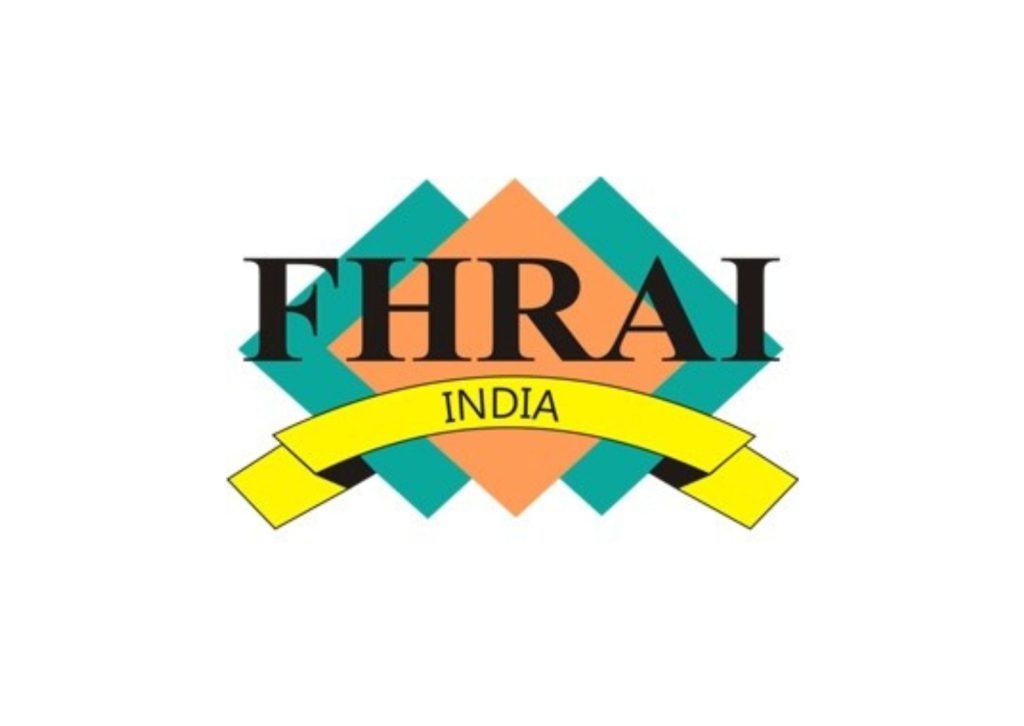
The Federation of Hotel and Restaurant Associations of India (FHRAI) has hailed the Andhra Pradesh Tourism Policy 2024-29, describing it as a transformative initiative poised to position the state as a global tourism hub. The policy grants “Industry Status” to the hospitality and tourism sector, underscoring its strategic importance in driving economic growth, employment, and cultural preservation.
With ambitious goals under Vision 2047, the policy aims to transform Andhra Pradesh into a global tourism destination, offering world-class spiritual, coastal, ecological, and wellness experiences while prioritizing sustainable development. Mission 2029 sets targets to elevate tourism’s contribution to the state’s Gross Value Added (GVA) from 4.6% to 8% and its share in employment from 12% to 15%, alongside attracting private investments worth ₹25,000 crore.
The policy outlines the development of seven major tourism hubs and 25 circuits encompassing beach tourism, eco-tourism, river cruises, Buddhist heritage, and temple tourism. It rests on four strategic pillars: Diversified Tourism Offerings, Infrastructure Upgrades, Sustainable Practices, and Robust Governance.
Key fiscal incentives include 100% stamp duty reimbursement on land purchases or leases for tourism projects, land conversion charge waivers, and reimbursements for quality certification expenses. Additionally, it offers capital subsidies of 25% for MSMEs and 10% for larger projects. Non-financial benefits include a single-window clearance system and Destination Management Organizations (DMOs) to oversee thematic circuits and district-level hubs.
FHRAI President K. Syama Raju praised the policy for its emphasis on sustainability, community empowerment, and substantial incentives for private investors. He highlighted the policy’s potential to boost Andhra Pradesh’s tourism appeal, reduce operational costs, and foster domestic and international investments.
The Andhra Pradesh Tourism Policy 2024-29 establishes a benchmark for other states, blending fiscal incentives, sustainable practices, and inclusive governance to align infrastructure development and private investment with community welfare. FHRAI expressed its commitment to collaborating with the state government to achieve these ambitious goals, further enhancing the state’s position as a dynamic leader in India’s tourism sector.


